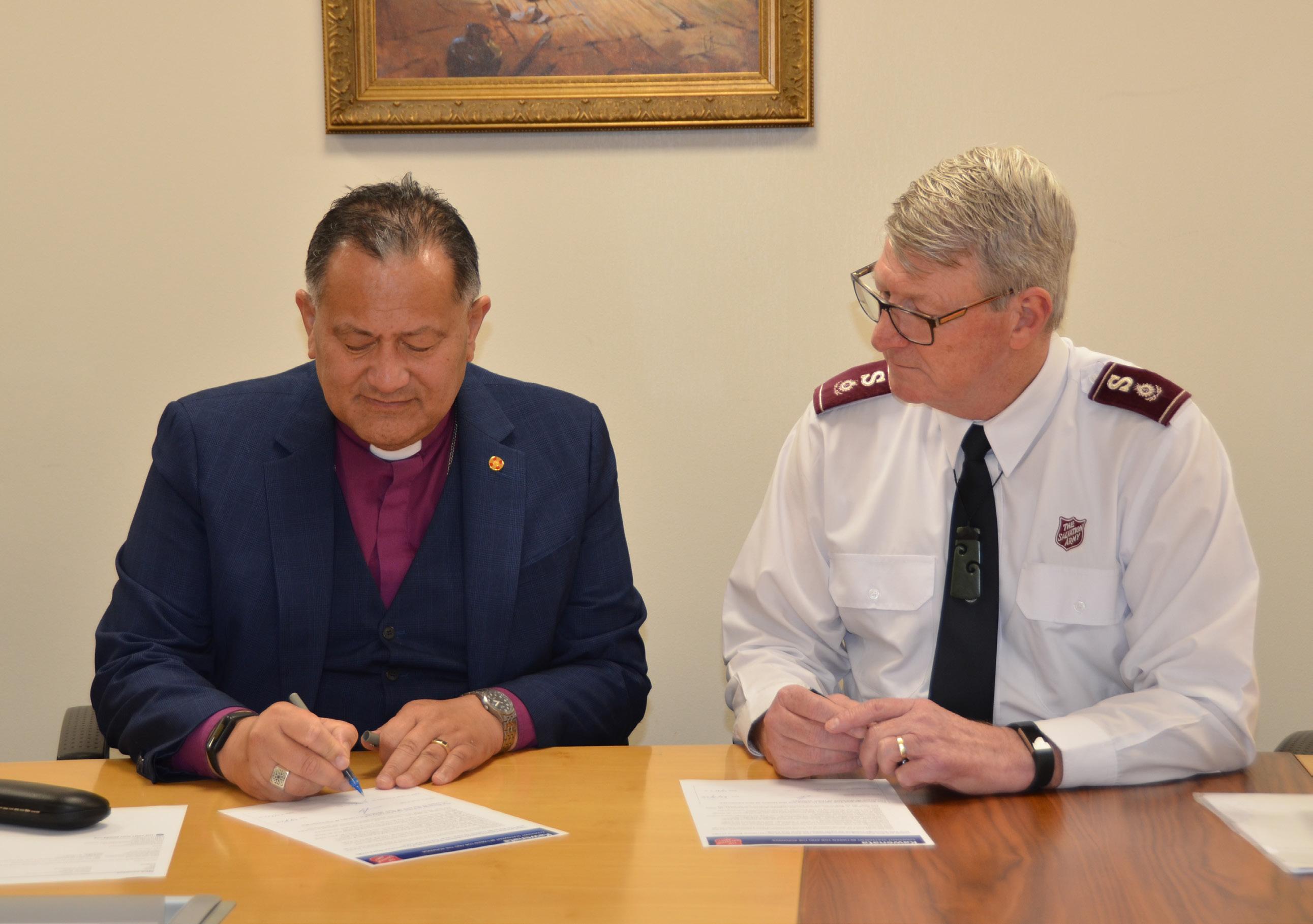
9 minute read
Meet the Members of the Rūnanga
In 2023, The Salvation Army’s Territorial Governance Board signed a kawenata (covenant) with the members of the newly formed Rūnanga (council/board), embedding shared authority with Māori into the structure of The Salvation Army and upholding the promises of Te Tiriti o Waitangi (The Treaty of Waitangi) within the movement.
Words Kelly Cooper
Through the Rūnanga, The Salvation Army has an opportunity to model what shared authority can look like when it is rooted in covenantal relationship, founded on the good news of Jesus Christ and built on trust and confidence between God’s people. SALT is pleased to introduce the individuals comprising the Rūnanga.
The Right Reverend Te Kītohi Pikaahu, Bishop of Te Tai Tokerau— Ngāpuhi, Ngāti Kahu, Te Aupōuri, Te Rarawa, Te Roroa, Ngāti Whātua
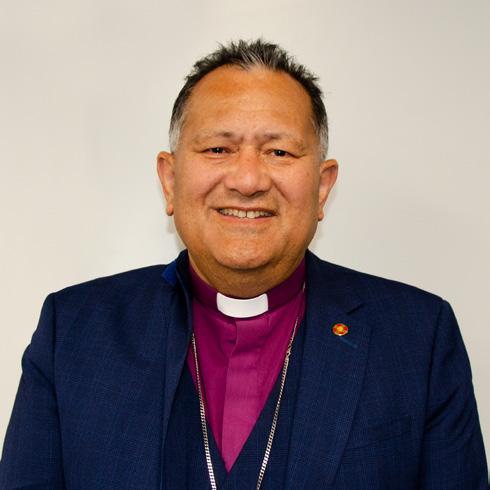
Bishop Kīto, co-chair of the Rūnanga, is an advocate for the wellbeing of Māori and indigenous communities in the Anglican Communion. He is the chair of the global Anglican Indigenous Network and chair of the Rūnanga. Bishop Kīto has served as a priest within Te Tai Tokerau for more than 36 years and, as bishop, has led Waitangi Day services for 22 years.
Bishop Kīto describes the opportunity to contribute to the life and witness of The Salvation Army through the Rūnanga as a blessing and privilege. He believes that a diversity of Christian perspectives contributes to infusing hope and joy into the Church community. Bishop Kīto aspires for the Rūnanga to stand firm in faith, to act with courage and to hold fast to the gospel of Jesus Christ that expresses the spirit and hope of Te Tiriti o Waitangi.
Lt-Colonel Ian Hutson— Ngāti Tuwharetoa, Ngāti Kahungunu, Pikiahu Waewae
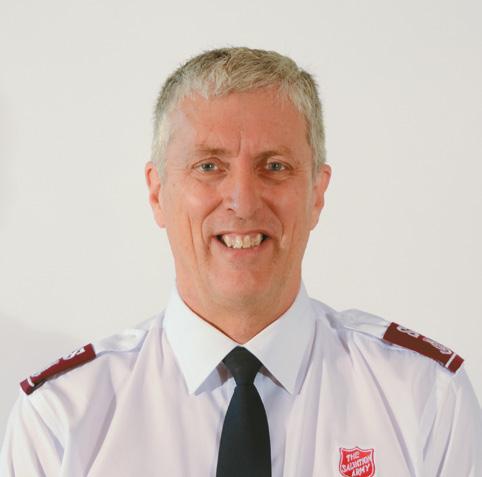
Ian has served as a Salvation Army officer for 40 years in various appointments. He has been involved in Māori Ministry for over 20 years as a member, and then chair of, the Māori Ministry Council. Ian is co-chair of the Rūnanga and director of The Salvation Army Social Policy and Parliamentary Unit.
Ian has a passion for mission with Māori, to see Te Tiriti embedded into Salvation Army policy and practice, and for Māori to have tūrangawaewae (a place to stand) within The Salvation Army. It is his desire to see Māori more extensively involved in mission, and to continue to create an Army that incorporates tikanga (cultural practices), manaakitanga (hospitality and care) and whakawhanaungatanga (welcoming and inclusive relationships for Māori and all people) into its everyday work at every level.
Rangi McLean—Ngāi Tūhoe, Waikato Maniapoto, Ngāti Porou
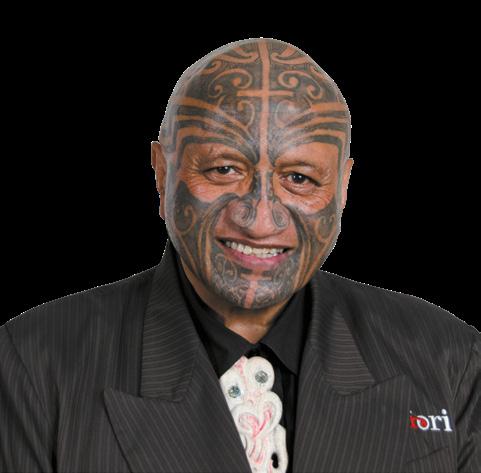
Rangi is a well-regarded authority on tikanga (customs), kawa (ceremonies) and cultural practices. He heads the cultural advisory unit of Hāpai Te Hauora Tapui and holds extensive governance roles in his local South Auckland community and across the Auckland region. Rangi is a frequent commentator and advocate for health issues on Māori media and is the kaumātua (elder) of the Rūnanga.
Rangi says he is honoured and privileged to be invited to contribute to the mission and work of Te Ope Whakaora (The Salvation Army) on a local, regional and national level. He is excited to see the Rūnanga carry on the legacy and whakapapa (ancestral genealogy) between Te Ope Whakaora and Māoridom. Rangi believes that positive relationships are crucial in enabling stakeholders to work together successfully for a common purpose.
Captain Hana Seddon— Ngāpuhi, Te Rarawa, Ngāi te Rangi, Ngāti Pūkenga
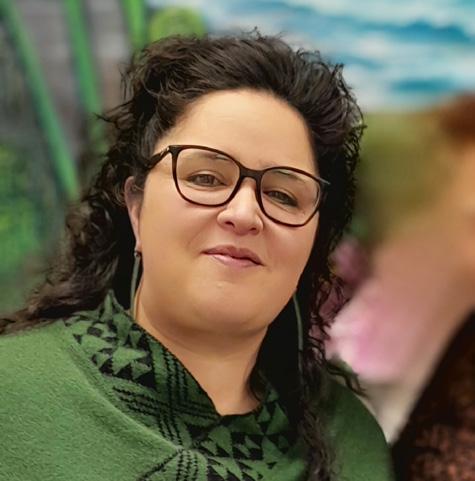
Hana is a Salvation Army officer based in Rotorua and a member of the Rūnanga. She has been part of Māori Ministry since 2006 and a member of the Māori Ministry Council. Hana has a background in social work and a passion for education, social justice and public health leadership.
She believes that in the context of Aotearoa, The Salvation Army’s vision of bringing life in all its fullness must include tāngata whenua (people of the land). As a member of the Rūnanga, Hana keeps the Bible in one hand, Te Tiriti in the other and the faces of all people in front of her while she works in partnership to keep things moving forward for Māori. She describes her decision to join the Rūnanga as a sign of her commitment to God, to Māori and to The Salvation Army.
Captain Grace Duxfield—Tāngata Tiriti
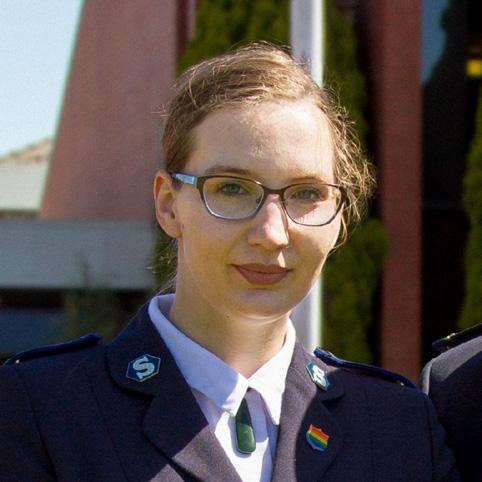
Grace is the assistant corps officer at Porirua Corps. She is passionate about seeing people engage in their personal and local histories and to expand their connections with each other, the land and their shared future.
Grace has a deep personal commitment to Te Tiriti and is motivated to help people understand that the way Aotearoa moves forward will be shaped by the way we interact with our past.
Grace acknowledges the complexities of grappling with what it means to be a Tiriti-honouring movement that has been built on a colonial framework. Grace is optimistic about the work of the Rūnanga and aspires to see leaders at all levels within The Salvation Army confident in their tikanga, educated in their history, developing their te reo Māori and shaping Godhonouring spaces for all the people of Aotearoa.
Captain Peter Koia— Ngāti Porou
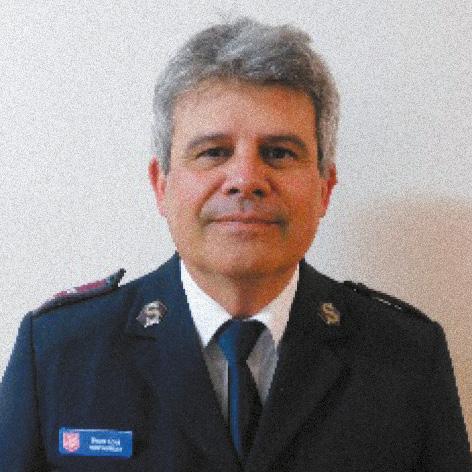
Peter is a corps officer, together with his wife Captain Jenny Ratana-Koia, at Gisborne Corps. He is proud to call the East Coast home and believes that whānau, including our spiritual whānau (family), are our most valuable treasures. Peter is passionate about working in community and living and breathing the message of hope in Jesus.
Peter is honoured to serve on the Rūnanga and is eager to see Māori fully participating in the Kingdom of God through leadership roles and through being a voice to draw people back to God through Jesus. He desires the voice of Māori people to be heard, to see all people cared for and for their lives be transformed.
Richard Kerr-Bell— Te Hiku ō Te Ika

Richard is the tumu whakarae (operations manager) for the Rūnanga. He has held multiple positions as manager in NGOs and on governance boards, in education, community social service organisations and sports organisations. Richard has also worked as a chaplain and executive coach. The majority of his mahi (work) has centred around roles dedicated to uplifting individuals, with a particular focus on the wellbeing of Māori.
As tumu whakarae for the Rūnanga, Richard aims to engage and serve Māori and non-Māori within our communities. He is committed to ensuring that Māori experience a strong sense of place, autonomy and trust within The Salvation Army, aligned with tūrangawaewae and tino rangatiratanga (self-determination) principles.
Dr. Gina Colvin-Ruwhiu— Ngāpuhi, Ngāti Porou
Gina currently serves as pou ārahi ki Ōtautahi (Māori cultural advisor in Christchurch) for The Salvation Army. She has a background in adult education, research and academic writing, and Treaty education and is the host of A Thoughtful Faith podcast.
Gina has a passion for Māori to be confident and strong as Māori, speakers of te reo, knowledgeable in their whakapapa and the effects of New Zealand’s colonial history and confident practitioners in the Māori world. She is proud to represent and support Māori whānau, hapu and iwi within The Salvation Army as a member of the Rūnanga. It is her aspiration for The Salvation Army in Aotearoa to become a safe place for Māori to be Māori both in accessing services and within corps (churches).

Aux Captain Teao Kauirangi (Nan) Patea—Ngāti Porou
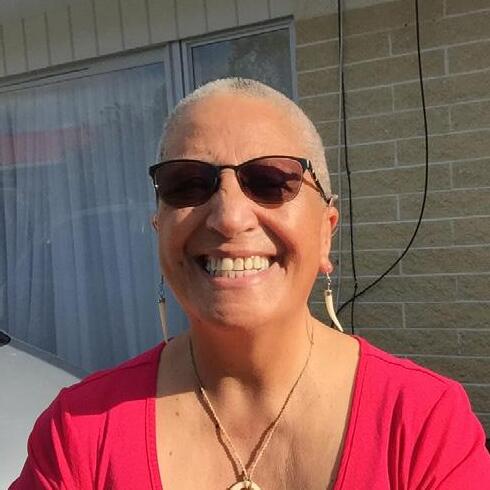
Nan is the tenancy manager in Kāpiti for Salvation Army Social Housing. She has a background in adult education, and together with her husband, Joseph Patea, has facilitated Māori education workshops and taught te reo Māori classes within The Salvation Army. Nan has a heart for Māori ministry to grow and is honoured to join the Rūnanga as kaumātua. Nan has a passion for Māori language and desires to see officers embracing and learning te reo Māori as one of Aotearoa’s official languages. She would also like to see te reo Māori taught as part of cadet training at Booth College of Mission. Nan is excited about the establishment of the Rūnanga and the opportunity to enhance the ministry of all people, particularly Māori.
Colonel Gerry Walker— Ngati Porou
Gerry has held multiple public service and governance roles in various community organisations. He has been a Salvation Army officer for 14 years and was appointed to the role of chief secretary in 2020, where he is responsible for the implementation, delivery and compliance of the Territorial Governance Board strategy and policies.
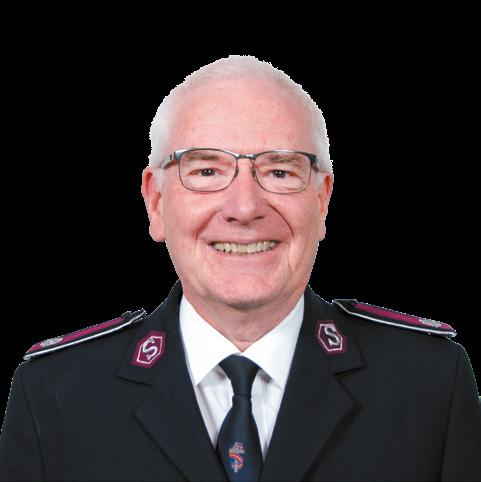
Gerry is privileged to continue the legacy of his tupuna (ancestors) who have gone before him, who have inspired and influenced him in his deep commitment to honouring and outworking Te Tiriti o Waitangi within The Salvation Army, Te Ope Whakaora. His desire is for The Salvation Army to be a movement that brings life, respect and dignity for all.
Envoy Anihera Carroll— Rongowhakaata, Ngāi Taamanuhiri, Te Aitanga a Māhaki, Ngāti Kahungunu me Ngāti Maniapoto
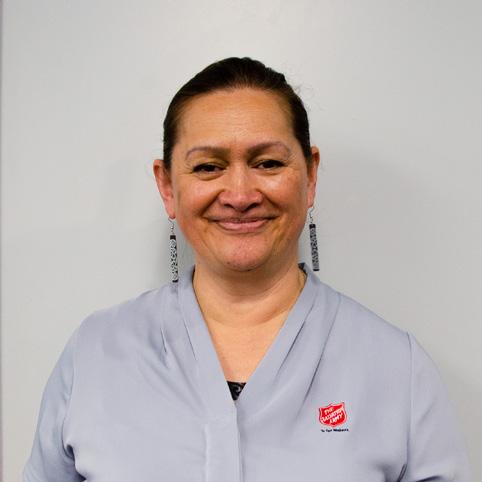
Anihera is pou arahi (cultural advisor) to Te Whare Wānanga o Ngā
Toa Whakaora, Booth College of Mission. She has participated in Māori Ministry within The Salvation Army since 2017, having previously held the position of divisional director for Midland Māori Ministry and being seconded to assist the chair of the Māori Ministry Council. Following prayerful consideration, Anihera is honoured to become a member of the Rūnanga.
Anihera believes that The Salvation Army has a lot of mana (authority and influence) and a good reputation in our communities. She aims to build on this good name through her work in the Rūnanga, with a particular focus on the cultural safety of Māori. Anihera is particularly passionate about changing and improving the dialogue around the service delivery of The Salvation Army for the large percentage of Māori who access our services.










